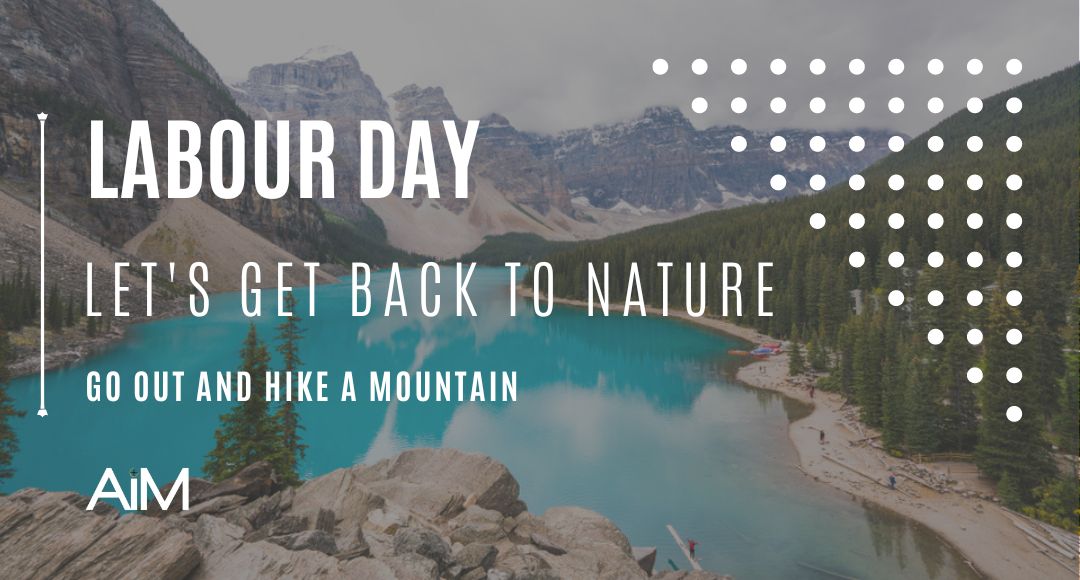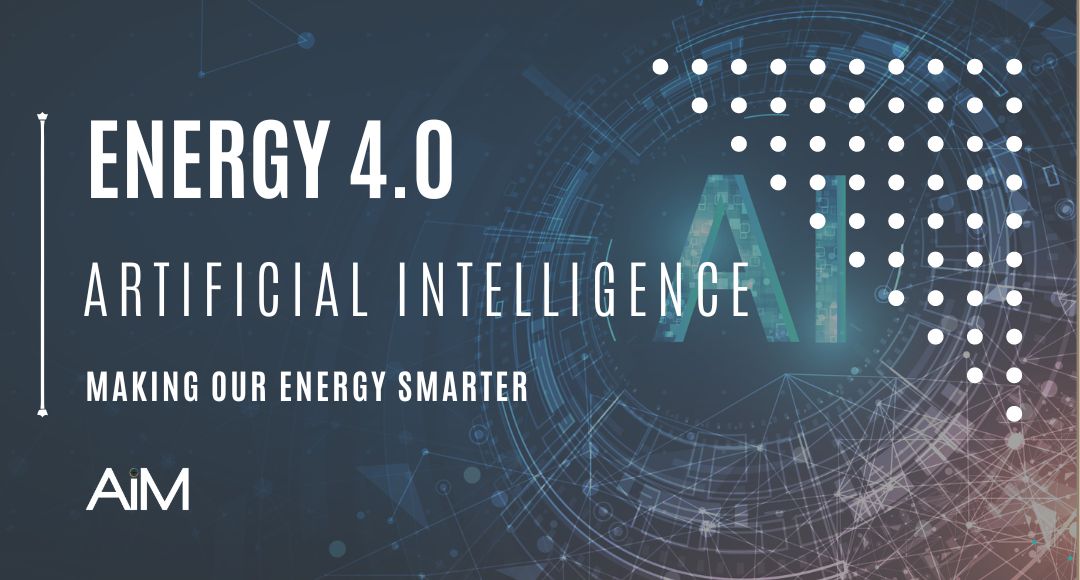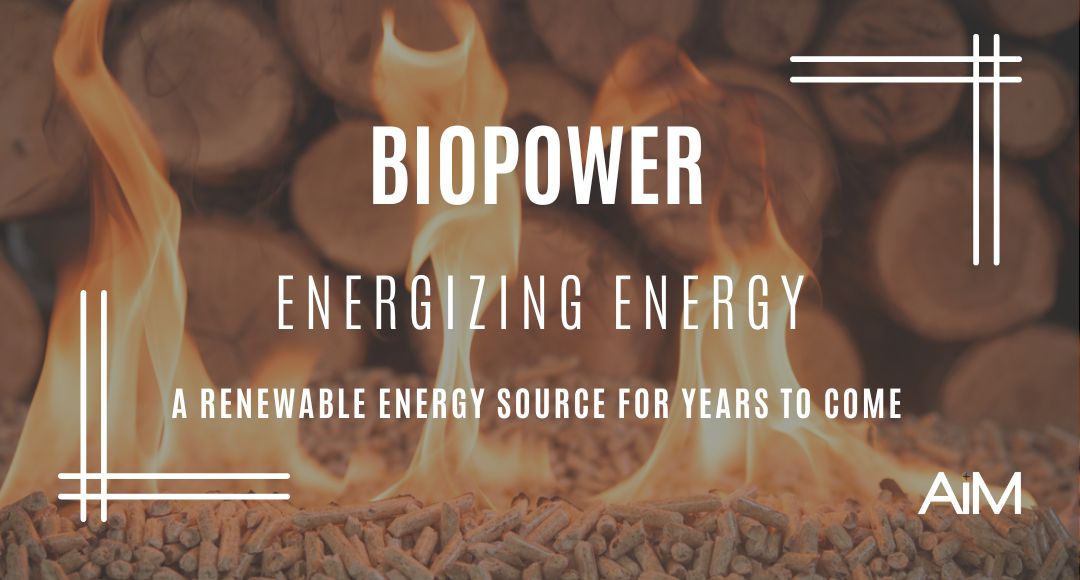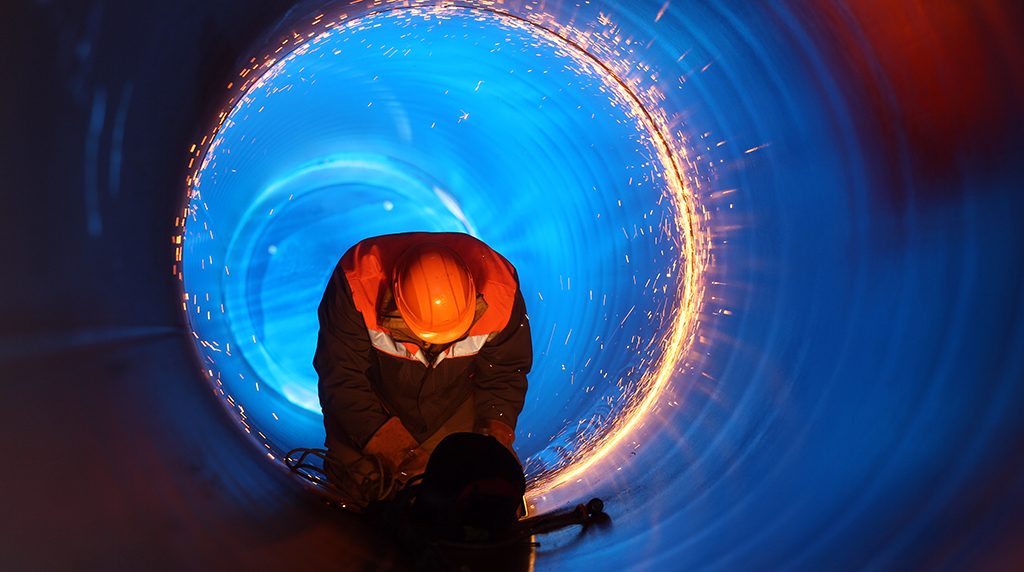
The Importance of Moving Alberta Oil Through Pipelines
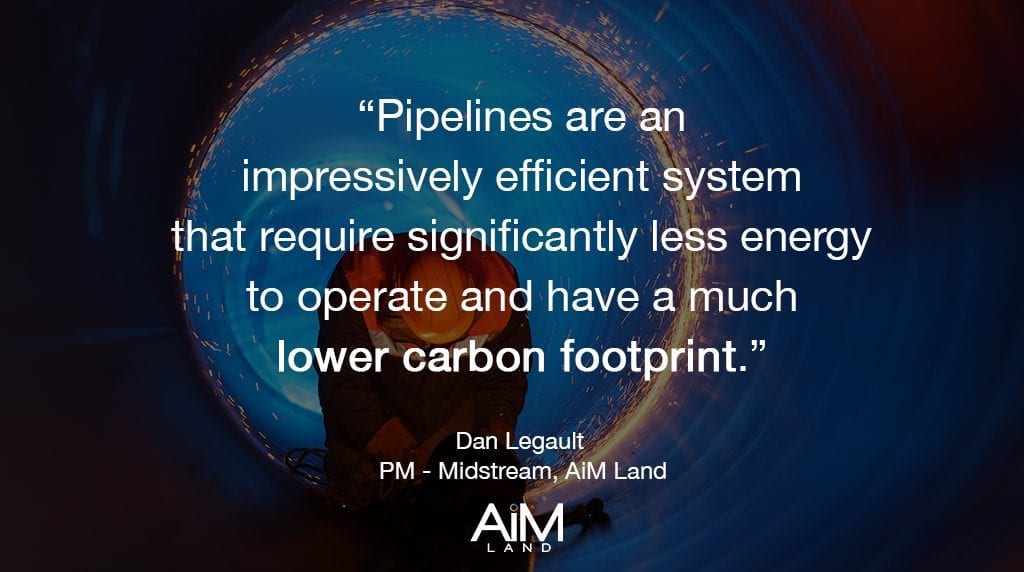
The importance of Moving Alberta Oil Through Pipelines
Alberta has the second largest proven oil reserves in the world after Saudi Arabia. The Alberta oil sands in particular holds an estimated 175 billion barrels of oil. Moving our most valuable resource through pipelines is critical to the success of the Canadian economy. Natural gas is also important, both for export and domestic consumption. Currently, Canada is the second largest exporter of natural gas after Russia.
In general, 95% of Canada’s crude oil and natural gas is already being transported by pipelines. 840,000 km of pipelines criss-cross the country. Given the size of the country, it is not surprising that Canada has the longest pipeline network in the world to move oil and gas.
There has been much controversy about pipelines because people are generally misinformed about how safe it is to transport our oil and gas through pipelines. On average each year, 99.999% of the oil transported on federally regulated pipelines moves safely. The Fraser Institute reports that both rail and pipelines are quite safe, but pipelines are without a doubt the safest way to transport oil and gas because rail is more than 4.5 times more likely to experience a spill.
They also report that the vast majority of pipeline occurrences, more than 80% don’t occur in the actual line pipe, rather they happen in the facilities. Debates about pipeline expansion often ignore the reality that 99% of pipeline spills, when they do occur, don’t damage the environment. https://www.fraserinstitute.
Informed environmentalist proactively support pipelines because they understand that pipelines are an impressively efficient system that require significantly less energy to operate and have a much lower carbon footprint.
Building a new pipeline is no easy feat, as many Canadians can attest to considering the controversy surrounding Trans Mountain Pipeline and the Keystone Pipeline. However, the general public may not be aware of the many regulatory hurdles companies must complete before a pipeline can begin construction. The National Energy Board of Canada requires reports that relate to:
- Engineering
- Environmental and socio-economic matters
- Economics and financial matters
- Land matters
- Any public interest that may be affected by granting or refusing the application
The Government of Canada also has a legal duty to consult Aboriginal groups whose Aboriginal and treaty rights may be adversely affected by any proposed project that requires a federal decision.
Companies such as AiM Land gather information for energy companies wanting to study various routes that optimize the use of existing rights-of-way, such as public utility corridors, electrical transmission lines, other oil or natural gas pipelines, highways and railways. They will also gather input from affected landowners and land users and consider environmental and socio-economic impacts when proposing final pipeline routing for NEB approval.
99% of global citizens rely on petroleum products every day and the demand grows every year. Moving our valuable resource around the globe is seen as crucial to the growth and stability of the Canadian economy. There is such a huge demand for Alberta’s clean oil and natural gas, that using pipelines, which are the safest, most efficient, and have the best carbon footprint, only makes sense for everyone.
Reach out to AiM’s expert Midstream team to learn how they can assist in your pipeline project.









